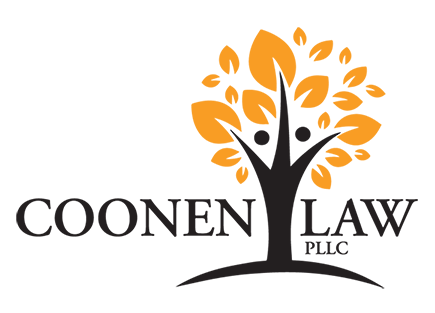In 1988, Stroh’s Beer was one of America’s most impressive family fortunes, estimated by Forbes to be worth $9 billion in today’s dollars. Just two decades later, however, the massive beer empire, along with all of the family’s wealth, would disappear.
Poor business decisions and bad investments were the primary cause of the company’s downfall. But dig a little deeper, and it becomes clear that the business wasn’t properly prepared to be passed from one generation to the next, especially over the course of 150 years.
Developing a solid business succession plan is at the heart of estate planning when a family business is involved. And even if your company and wealth are nowhere near the size of the Stroh’s clan, it’s crucial to heed the lessons that can be learned from the demise of this once-mighty American brewery.
An Empire is Born
Bernhard Stroh immigrated from Germany to Detroit in 1849. He arrived with $150 and a secret family beer recipe, and began selling his lager door to door from a wheelbarrow a year later.
In 1890, the business was passed to his sons, Bernhard Jr. and Julius. They made the brew into a regional favorite among working-class Midwesterners, and navigated the company through Prohibition by manufacturing ice cream when the country was dry.
Julius’s son, Gari, took control in 1939, and he was succeeded by his brother, John, in 1950. In the ‘50s and ‘60s, John was famous for treating his employees like family, and sales soared under his watch from 500,000 barrels in 1950 to 2.7 million in 1956.
Gari’s son, Peter, became president in 1968 and CEO in 1980, and during his tenure, the privately owned Stroh’s became America’s third-largest brewing company, behind publicly traded corporations Anheuser-Busch and Miller.
However, in 1999, following a series of poorly planned acquisitions and business deals, Peter was forced to sell off the family beer business in parts to Miller and Pabst. Most of the money from the $350 million sale went to pay off business debts, while the remainder was put into a fund for the surviving family members, which was completely tapped out by 2008.
Though building a family business of this magnitude took more than a century’s worth of hard work and dedication, it was surprisingly easy for one successor to wipe it out. That said, many of the business mistakes might’ve been prevented, or at least mitigated, with proper planning and guidance.
The Empire Crumbles
The most devastating events to befall the company occurred while Peter was at the helm. Unlike his forefathers, who grew the business slowly, Peter sought to rapidly expand by buying out competitors like Schaefer, Schlitz, Old Milwaukee, and others.
The problem was, Peter acquired his rivals even when the company couldn’t afford it. Peter’s acquisition of Schlitz in 1982 was particularly damning, as he borrowed $500 million to buy the brand, when Stroh’s Beer itself was worth only $100 million.
Saddled with massive debt, Stroh’s was unable to keep up with its big-name competitors and even missed the light beer trend of the 1980s. From there, Peter made a series of other mistakes related to packaging, marketing, and pricing that would hasten the company’s collapse.
Lessons Learned
In hindsight, it’s obvious Peter wasn’t the best choice to run the family business, but this might’ve been prevented if the company had a comprehensive business succession plan. Such a plan can include strict requirements for choosing a successor, rather than simply passing control through patriarchal bloodlines.
Indeed, a well-drafted succession plan can stipulate that the successor must demonstrate a specific level of education and/or business competence before taking over. Moreover, the plan can also require the succession take place in a phased transition, so the new boss has time to learn the ropes before being handed the keys to the kingdom.
Finally, if slow growth had been a recipe for the Stroh’s success in the past, the succession plan could have included terms to prevent such foolhardy acquisitions. Indeed, the plan can obligate new leadership to honor the family legacy by requiring him or her to strictly follow the time-proven business strategies that led to the company’s initial success.
We can help you avoid making similar mistakes as the Stroh's by protecting your family business with solid estate planning. A foundational part of this process is to develop a comprehensive business succession plan. This plan will help ensure the business assets and wealth you worked so hard to build will survive—and thrive—for generations to come.
We offer a complete spectrum of legal services for businesses and can help you make the wisest choices on how to deal with your business throughout life and in the event of your death. We also offer a LIFT Start-Up Session™ or a LIFT Audit for an ongoing business, which includes a review of all the legal, financial, and tax systems you need for your business. Call us today to schedule. Or, schedule online.

